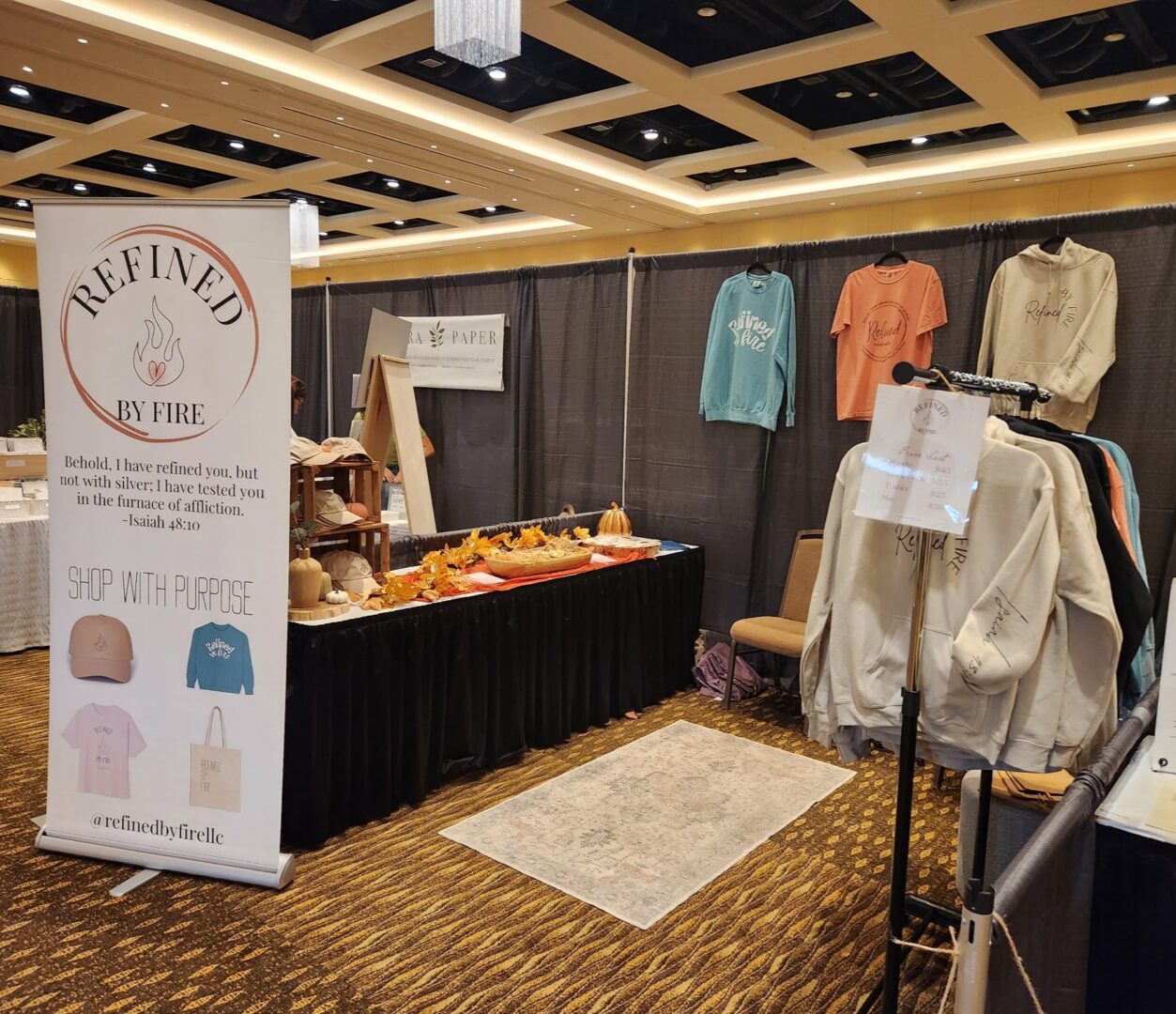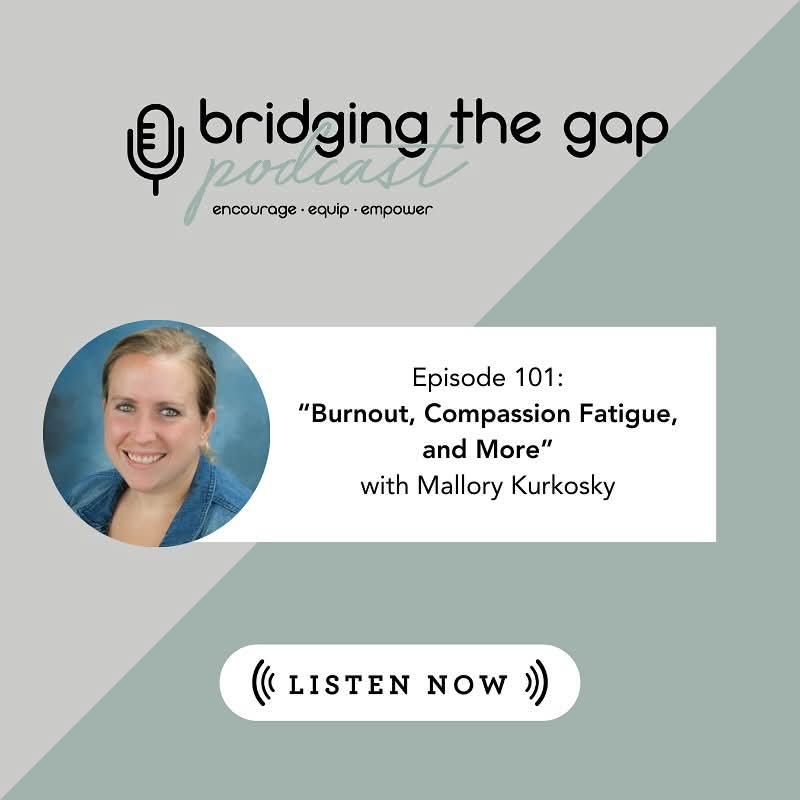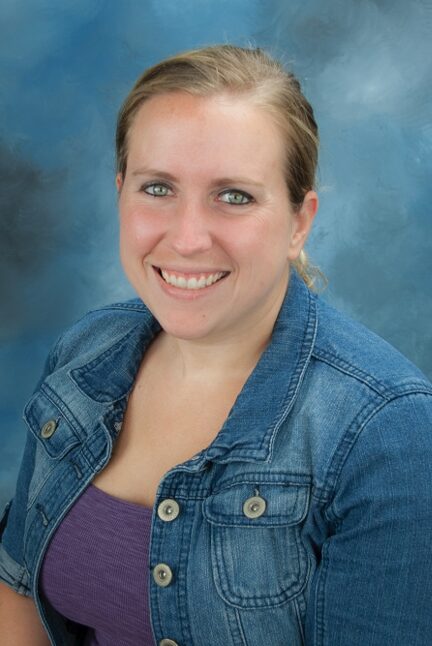Alright – so today we’ve got the honor of introducing you to Mallory Kurkosky. We think you’ll enjoy our conversation, we’ve shared it below.
Mallory, we are so happy that our community is going to have a chance to learn more about you, your story and hopefully even take in some of the lessons you’ve learned along the way. Let’s start with self-care – what do you do for self-care and has it had any impact on your effectiveness?
Self-care has become a popular topic in our culture, often centered around finding balance within our busy lives. But there are many misconceptions about what self-care truly means. For some, it’s about doing things that feel good—baking cookies, taking baths, lighting candles, or using essential oils. These can certainly be nurturing practices, but they represent only one side of self-care. For me, the most powerful form of self-care has come from looking inward—examining how my past has shaped my present. Through therapy, spiritual mentorship, education, and deep self-reflection, I’ve experienced healing and growth I never thought possible. The process hasn’t been easy; it’s involved moments of frustration, grief, discouragement, and even hopelessness. These aren’t emotions most people associate with “self-care,” yet they’ve been essential parts of my journey. Through those difficult seasons, I’ve developed perseverance, resilience, and a greater capacity to manage life’s challenges. I’ve learned that we don’t have to carry our past into our future—and when we try to, it often manifests as illness or emotional distress that no amount of surface-level self-care can fix. For me, true self-care means caring for the whole self: emotional, spiritual, mental, and physical. This deeper work has transformed every area of my life—how I show up as a mom, wife, teacher, therapist, and friend.

Let’s take a small detour – maybe you can share a bit about yourself before we dive back into some of the other questions we had for you?
I have been a therapist for nearly ten years, including my time as a Registered Play Therapist and Supervisor. Over the years, I’ve had the privilege of working with clients ranging in age from 3 to 65. My greatest passion has always been walking alongside trauma survivors—witnessing their courage and helping them move toward freedom and healing is one of the deepest honors of my work. A year ago, I launched Refined by Fire after partnering with a nonprofit safehouse to build the mental health program for survivors of trafficking. Through that experience, I saw firsthand the significant gap in therapeutic resources available to survivors—an absence that often hinders lasting restoration and contributes to many returning to their traffickers, sometimes an average of seven times. As a trauma therapist, I knew which evidence-based approaches could make a real difference, and I found deep fulfillment in creating a program designed to promote long-term healing. In addition to direct client work, I provided trauma-informed training for staff to reduce burnout and enhance their interactions with residents, fostering a stronger sense of emotional safety within the home. This experience solidified my mission: to ensure that trafficking survivors have equal access to effective, evidence-based mental health care as part of their recovery journey.
Drawing on my background as a Registered Play Therapist, I also approach healing from a systemic perspective—considering the entire network of relationships and environments surrounding each person. I aim to bring this same systemic lens into nonprofit organizations, strengthening their internal systems so they can better support survivors and sustain their staff. Most recently, I’ve expanded my work to include consulting for clinics, corporations, and businesses. My goal is to help organizations reduce employee burnout and turnover, improve communication, and build emotionally safe workplaces. The income from this consulting work supports my larger mission—providing accessible mental health programming for nonprofits that serve trafficking survivors at little to no cost.
You can also support this mission by visiting the shop on my website, where every purchase helps fund trauma-informed services for survivors.

There is so much advice out there about all the different skills and qualities folks need to develop in order to succeed in today’s highly competitive environment and often it can feel overwhelming. So, if we had to break it down to just the three that matter most, which three skills or qualities would you focus on?
1. Self-awareness.
As a therapist and leader, self-awareness has been foundational. It’s what allows us to notice our own triggers, biases, and emotional responses—especially when working with trauma survivors or leading others through change. Developing self-awareness takes intention and time. My advice: don’t rush the process. Engage in your own therapy, seek feedback, and cultivate regular self-reflection. The more you understand yourself, the more grounded and effective you’ll be for others.
2. Perseverance.
There are many moments in this work that feel discouraging—when systems move slowly, when progress feels invisible, or when the weight of trauma stories becomes heavy. Perseverance isn’t just about pushing through; it’s about staying anchored to your “why.” My advice: keep reminding yourself of the bigger mission behind what you do. Surround yourself with mentors and peers who can help you stay encouraged when things feel hard.
3. Humility and lifelong learning.
The longer I’ve been in this field, the more I’ve realized how much I still have to learn. Whether it’s new research, cultural perspectives, or innovative ways to create emotional safety, humility keeps you open and adaptable. My advice: stay curious. Ask questions, seek supervision, and never assume you’ve “arrived.” Growth happens when we’re willing to listen and evolve.

One of our goals is to help like-minded folks with similar goals connect and so before we go we want to ask if you are looking to partner or collab with others – and if so, what would make the ideal collaborator or partner?
I’m looking to collaborate with nonprofits, businesses, and corporations who value emotional well-being, healing, and sustainable impact. The organizations I partner with are those who understand that creating emotionally safe environments—whether in the workplace or within survivor care—is essential to long-term success and human flourishing. For nonprofits, this often means building trauma-informed programs that support both survivors and the staff who serve them. For businesses and corporations, it means investing in the mental health of employees, reducing burnout, and strengthening workplace culture through education, consultation, and systems-level change.
I’m especially interested in partnering with organizations who:
-Believe in a whole-person approach to healing and growth (emotional, spiritual, mental, and physical)
-Value collaboration, integrity, and empathy in leadership and culture
-Want to create environments where people feel seen, safe, and supported
-Are open to learning and implementing trauma-informed practices to improve resilience and relationships
If you’re reading this and feel your organization’s mission aligns with mine, I’d love to connect. Together, we can build emotionally safe spaces that promote healing and long-term transformation—whether that’s for trafficking survivors, staff teams, or corporate communities.
Contact Info:
- Website: https://refinedbyfire.info
- Instagram: @refinedbyfirellc
- Facebook: Refined by Fire
- Linkedin: Mallory Kurkosky



so if you or someone you know deserves recognition please let us know here.




